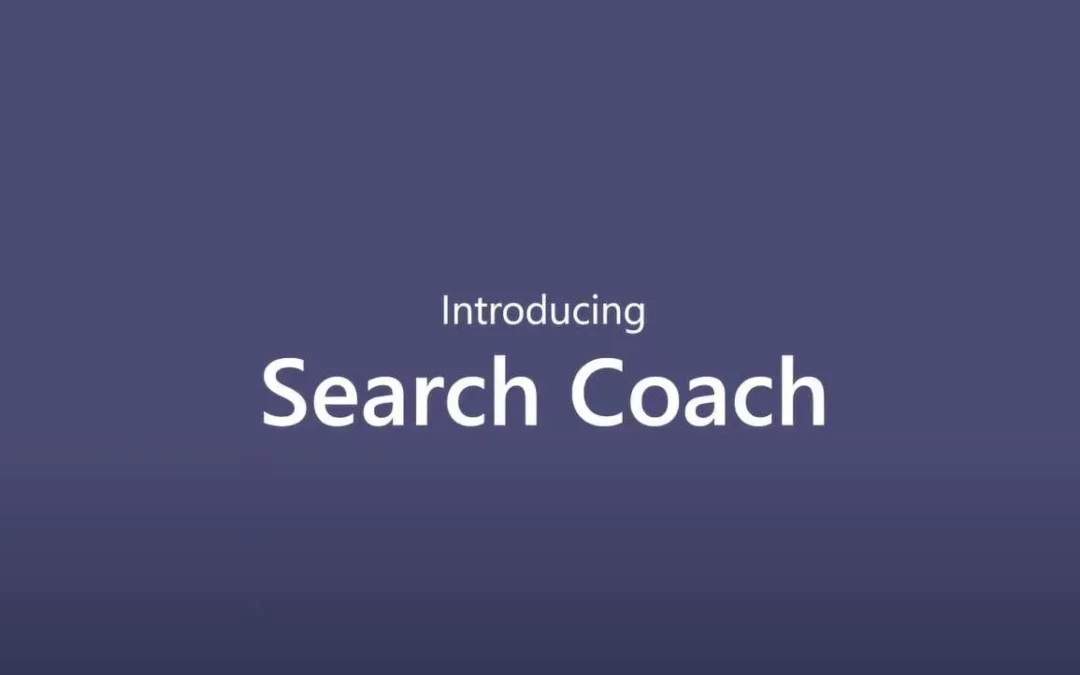By: Andrew Pemberton
This October, I had the opportunity to give a guest lecture to a class of first-year students at Jacksonville University. To kick things off, I asked the room, “Who here identifies as a digital native?” Thirty or so 18-year-old hands hesitantly went up. Then I followed with, “Is digital literacy inherent to digital nativity?” The responses were mixed.
Today’s students have unparalleled access to a vast pool of digital information, thanks to their smartphones and algorithm-driven feeds. However, research shows that college students don’t always exercise sound judgment when determining whether an online source is trustworthy (see Breakstone et al., 2021; McGrew & Chinoy, 2022). This skill gap isn’t just an academic concern—it has broad societal implications. In the classroom, it can manifest as lost instructional time while educators address student misconceptions. In short, online misinformation acts as a significant roadblock in any learning experience. To address the skill gap, educators need to set aside some time to enhance their students’ digital and information literacy skills.
Fortunately, Microsoft has developed a tool to help students navigate the digital landscape more effectively: Search Coach. Think of Search Coach as a research intranet specifically for your class; a custom-tailored search engine. Its goal is to steer students away from open-ended search results and into a controlled, focused research environment. Educators can configure Search Coach to prioritize specific sources—such as only websites with .gov or .edu domains—and display a triangulated trustworthiness score for each source. Integrated directly into Microsoft Teams for Education, Search Coach can be easily added to any Teams classroom. When paired with basic digital research training, this tool can significantly enhance the quality of students’ research and cultivate greater scrutiny in their digital consumption habits, ultimately strengthening their digital, information, and media literacy skills. In this way, we’re making them better students and society members.
I once had a professor describe the Internet as the “WWW”—the Wild, Wild West. Navigating it is a lot like bowling: we aim to stay in our lane, but sometimes we end up in the gutter. Microsoft Search Coach acts as the bumpers, keeping students on track and ensuring their sources are always solid strikes.
About the Author
Andrew Pemberton is a Professional Learning Specialist at NCCE and instructional designer at Jacksonville University. He is working on his Ed.D in Instructional Systems and Performance Technology at Florida State University, where he researches the influence of misinformation in higher education and what instructional designers can do to mitigate its presence. As an education professional, his interests include instructional and learning experience design, accessibility, ethical use of artificial intelligence, misinformation studies, and digital and information literacies. He welcomes connections on LinkedIn.
References
Breakstone, J., Smith, M., Wineburg, S., Rapaport, A., Carle, J., Garland, M., & Saavedra, A. (2021). Students’ civic online reasoning: A national portrait. Educational Researcher, 50(8). https://doi.org/10.3102/0013189X211017495
McGrew, S., & Chinoy, I. (2022). Fighting misinformation in college: Students learn to search and evaluate online information through flexible modules. Information and Learning Sciences, 123(1/2), 45-64. https://doi.org/10.1108/ILS-09-2021-0081

